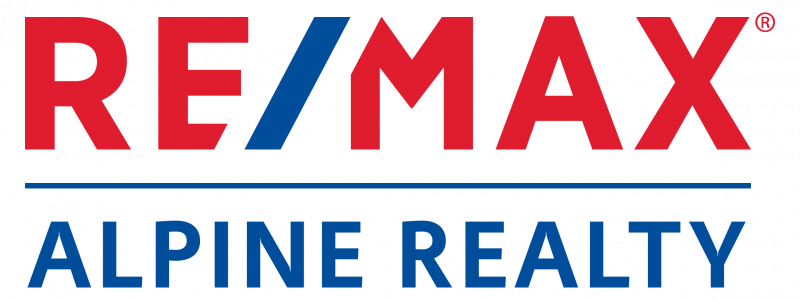
Get ready for 2024! New rules and regulations are on the horizon in real estate. Here is a quick list of some of the most important changes coming from local, provincial, and federal governments.
Canmore
Locally in Canmore has a newly proposed housing action plan, which lists 4 main initiatives to combat its ongoing housing crisis. This plan was created to access The Housing Accelerator Fund (HAF) was launched by the Government of Canada and the Canada Mortgage and Housing Corporation (CMHC) in spring of 2023.
This plan including phasing out tourist homes to open up vacancy for permanent and long-term residents.
If the plan is approved, they’ll be phased out under the action plan. Administration is recommending that council remove the tourist home designation in the land use bylaw. Meaning, no new tourist homes would be approved moving forward. Existing tourist homes would become legally non-confirming — meaning they could continue to operate as a tourist home, unless the use ceased for six consecutive months, at which point they would revert to a residential use.
The plan also includes mention of investigate tax structures to incentivize full-time/long-term occupancy of residential units (see page 492). Nothing has been set in stone, but I envision something like the BC underused housing tax (Spec tax) which is set at 1% of the assessed value per year as a tax (.5% for BC residents).
Alberta
In Alberta has some new tenancy / landlord rules.
As of Jan. 1, Alberta landlords will need to pay tenants annual interest on security deposits. Since 2009, the interest rate on security deposits has been zero. But now, under the Residential Tenancies Act and Mobile Home Sites Tenancies Act, the interest rate is 1.6 per cent.
According to the online calculator a tenant who paid a $1,000 damage deposit will be entitled to $16 from their landlord by the end of 2024.
Nationally
In the Fall Federal Economic Update the government committed to clamping down on short-term rentals by denying income tax deductions incurred to make money from short-term rentals in provinces where such the practice is illegal.
This may affect you if you are operating a short term rental that does NOT confirm to local zoning codes – in Canmore that means outside of the ‘hotel-condo’ or ‘Tourist Zoned’ area.
The CREA (Canadian Real Estate Association) has changed the rules resulting in an effective end of the so-called “exclusive” real estate listing. These “exclusive” listings, sometimes also called “pocket” or “off-market” listings, are properties put up for sale but not entered on the Multiple Listings Service. On Jan. 3, the new “cooperation policy” formulated by CREA came into effect, forcing any realtor to add an exclusive listing to the MLS within three days of doing any public marketing. Marketing would include everything from a “Coming Soon” sign on a lawn to Instagram posts about a new property.
In BC
Effective May 1, 2024, short term rentals (Airbnb) will not be permitted outside your primary residence. Many different municipalities already restrict Airbnb in principle residences and the result will be a near ban of airbnb in most of BC. Also, protections for legal non-conforming (grandfathered) use of property will no longer apply to short-term rentals. There are 14 resort communities exempt (like Whistler, Sun Peaks, etc) and all areas with a population smaller than 10,000 people are exempt. Read more here.
The Province is also introducing new housing legislation to deliver more small-scale, multi-unit housing for people, including townhomes, triplexes and laneway homes to help build more homes faster. Read more here.
The proposed legislation and forthcoming regulations will permit one secondary suite or one laneway home (accessory dwelling unit) in all communities throughout B.C.
In most areas within municipalities of more than 5,000 people, these changes will also require bylaws to allow for:
- three to four units permitted on lots currently zoned for single-family or duplex use, depending on lot size;
- six units permitted on larger lots currently zoned for single-family or duplex use and close to transit stops with frequent service.
In conclusion, 2024 is shaping up to be a year of significant changes in the real estate industry across Canada. From proposed zoning and taxation changes in Canmore to the introduction of new landlord tenant rules in Alberta, it is crucial for both buyers and sellers to stay informed and adapt accordingly.
Overall, staying educated and up-to-date on these developments will be key in navigating these changing laws and ultimately thriving in the real estate market. So if you have any questions or concerns about how these laws may impact you, don’t hesitate to reach out – I’m always happy to help!


